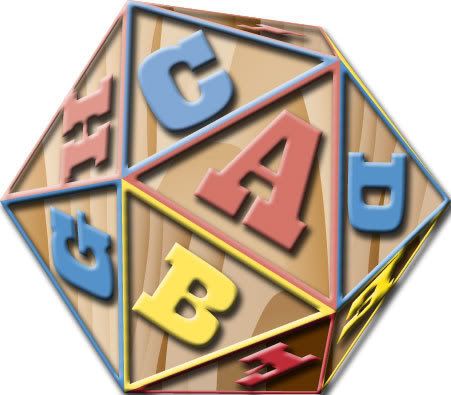I’m going to group 10- and 11-year olds together mostly because, since my oldest is only nine, I have very little experience here. I have worked with Cub Scouts of this age before, so there is some things to pass along. This will be the final age group that I will specifically look at, so I can start moving into other areas.
May be experiencing rapid growth. Enjoys sports that require strength, speed, and skill. Has periods of playing, pushing, wrestling, poking, and giggling. Is restless, active, and impatient. May differ from peers in physical size and coordination. Does not like to be treated like a child. Is concerned about physical appearance. Enjoys abstract concepts and ideas. Makes conclusions based on prior learning. Likes to be challenged in mental tasks. Is decisive and reasonable. Enjoys memorization. Likes to set goals. Thinks more logically. Enjoys learning. Has a good attention span. Understands more precisely the meaning of words, and can define abstract terms. Has humor that may seem ridiculous to adults. Is social and competitive. Possesses strong loyalty to groups. Has much positive and negative interaction with peers. Has friendships that are more complex and intense. Relies on best friends. Values peers’ opinions and standards more highly than those of adults. Is sometimes critical of adults’ judgments and of others’ feelings. Likes to tease or play roughly. Is sometimes rude and uncooperative, and at other times is friendly and cooperative. Is critical of self and resentful of others’ criticism. May feel that everything he or she does is wrong, especially if criticized. Has worries and fears about school and friends. Is very sensitive, especially about self. Has doubts and insecurities. Is sometimes touchy and irritable, and is very conscious of being treated fairly. Is able to be polite, serious, honest, and sincere. Desires to be independent and have responsibilities.
Suggestions for gaming:
Recognize that he or she is growing and maturing. Do not force interaction with the opposite sex. Provide opportunities for him or her to participate in physical activities that provide outlets for his or her energy. Teach fairness and the value of social and competitive gaming. Stimulate thinking by using questions, memorization, and problem-solving games. Allow him or her to make decisions and set their own strategy and goals. Respond to the need to belong to groups and be influenced by them – helping them run their own gaming group can provide a great feeling of belonging. It provides an activity that allows interaction with peers. Encourage group planning and group work. Teach him or her to be sensitive to those who are not accepted by others – there is value in inviting others to play. Give responsibilities and assignments, and help ensure follow-through.
From what little I’ve dealt with before, I am looking forward to working with my own kids to continue developing their gaming skills, to include organizing their own group (which may just end up growing beyond their own little group of friends) and the confidence to try the more grown-up strategy and role-playing games. I can also see it as a bit of a sad time as my children move from being “kids” to being “youths”. They grow up fast and I have to take the time to enjoy who they are now. They will be surly teenagers before I realize it; p

No comments:
Post a Comment